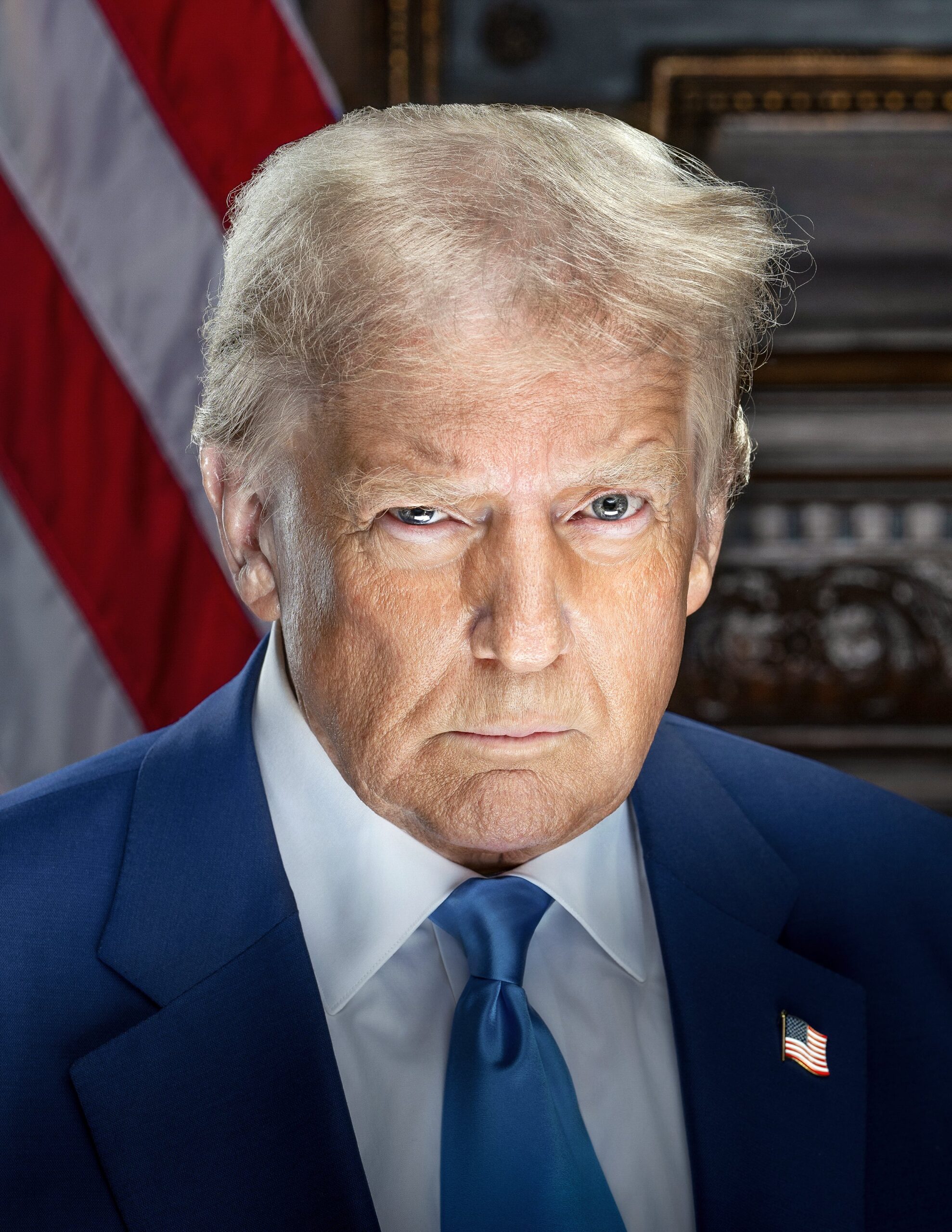A coalition of state finance chiefs and former President Donald Trump are actively working together to combat the controversial practice of debanking, which involves banks closing accounts of certain businesses and individuals, often without clear justification.
Recent developments highlight growing concerns over how debanking impacts economic activity, small businesses, and individual financial access. The alliance aims to create policies that prevent banks from unjustly closing accounts and to promote fair banking practices nationwide.
The effort gained momentum following reports of banks, possibly motivated by regulatory pressures or compliance issues, terminating accounts without sufficient explanation, leading to disruptions and financial instability for affected parties.
The coalition’s initiatives could reshape banking regulations and influence how financial institutions operate, potentially leading to new safeguards for account holders. This movement also reflects broader political and economic debates about banking oversight and consumer protections.
Market analysts suggest that this collaboration might lead to increased scrutiny on banking practices, potentially encouraging reforms that favor consumer rights while maintaining financial stability. The political support underscores the importance of safeguarding access to banking services in an increasingly regulated environment.
Looking ahead, stakeholders should monitor upcoming legislative proposals, regulatory actions, and potential legal challenges that could stem from this alliance, shaping the future landscape of banking regulation and consumer protections.
What is debanking?
Debanking is the practice of banks closing accounts of certain businesses or individuals, often without clear reasons, which can disrupt their financial activities.
Why are state finance chiefs supporting this initiative?
State finance chiefs support the effort to prevent unjust account closures to protect economic stability and individual financial access.
What are potential impacts of this movement on banking regulation?
This movement could lead to stricter regulations on banks, ensuring fair treatment of account holders and reducing arbitrary account closures.







